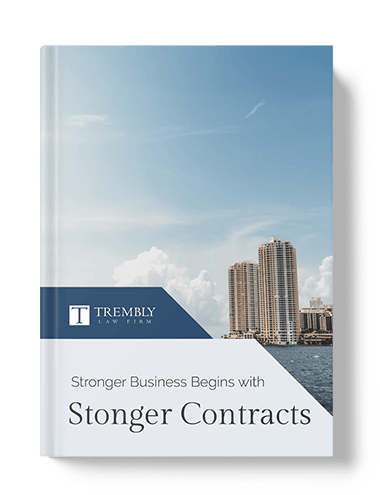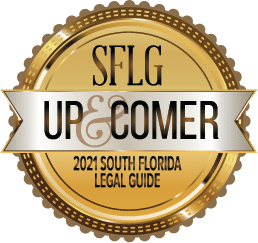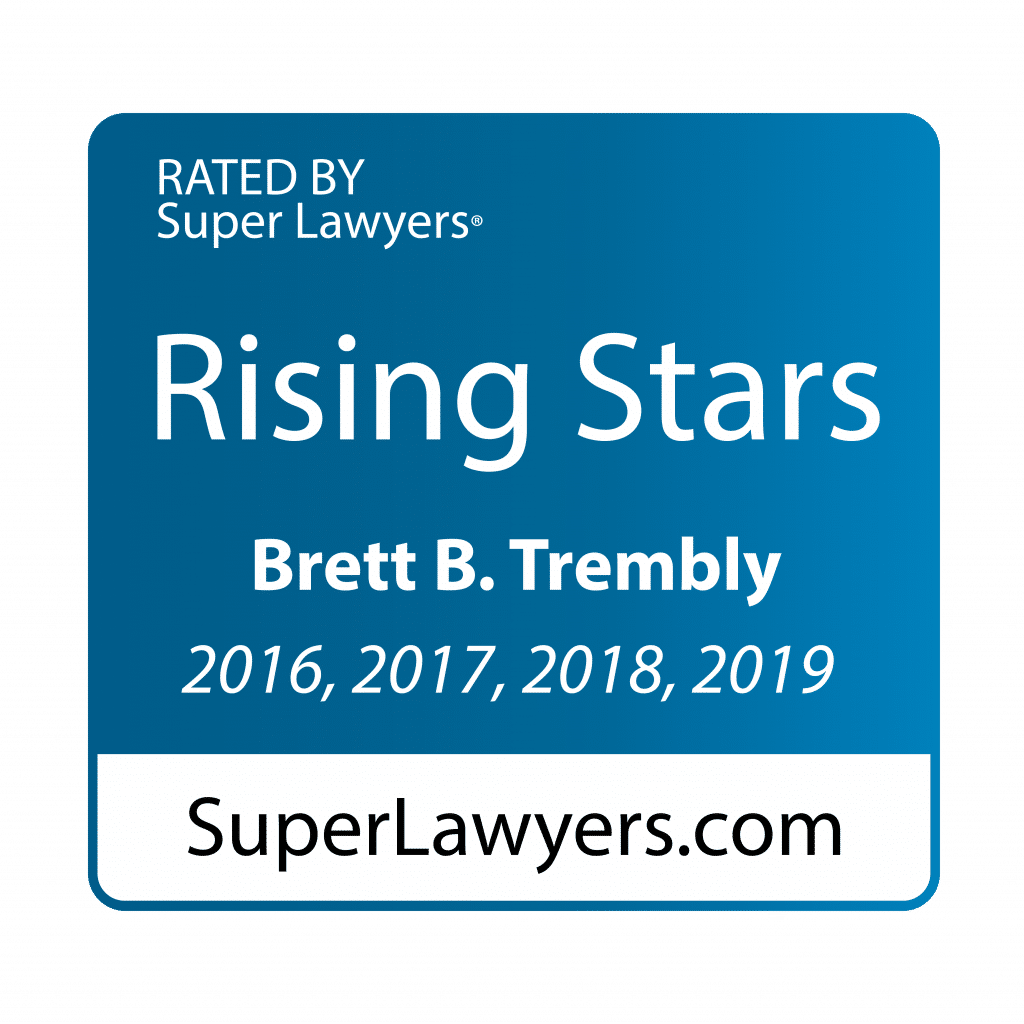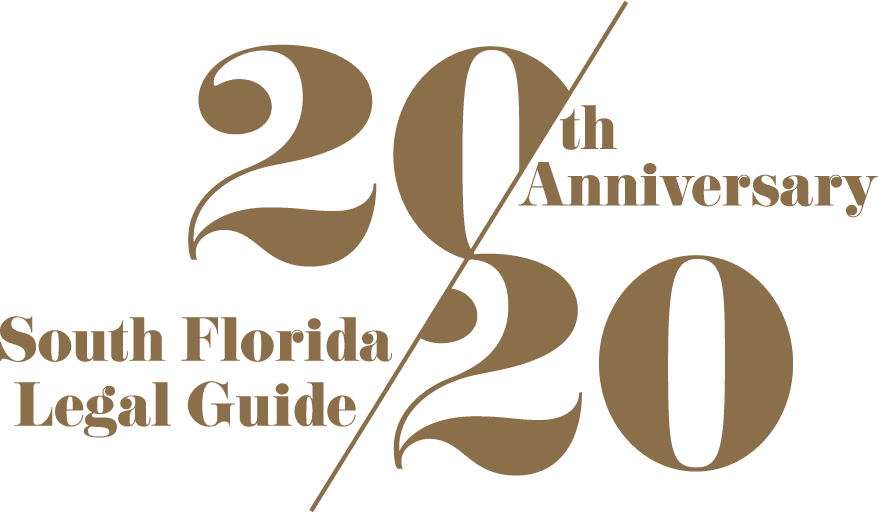Monetary compensation is just not enough for some losses in life. Our reputations and the respect of our peers can take years to build, but can be lost in an instant with a simple act of retribution or malice by someone seeking to cause us harm.
So what recourse do you have when someone attempts to damage your reputation or cause you irreparable harm? You could sue after the fact, but what if you’re a public figure whose career is beholden to public opinion, or you are the owner of irreplaceable property that is in danger of being lost, damaged, or destroyed? Financial reparations after-the-fact would not be fair compensation, and wouldn’t you want to try to take quick action to stop the harmful act in the first place?
Luckily, you have legal options that allow you to quickly fight back against someone seeking to cause you this type of harm. Injunctive relief can be a solution for those in danger of suffering a harmful loss, or for those suffering from ongoing damages
Injunctive relief is a court order for emergency situations where fast action is necessary to prevent future damage. Injunctive relief can either prevent an individual from doing something, or it can force an individual to do something when if his actions will cause you some form of irreparable harm.
To achieve injunctive relief, you must prove that your rights will be injured in a way for which money damages will be inadequate, that you will suffer irreparable harm, and that you have a likelihood of success on the merits of the overall case.
Injunctive relief comes in three primary forms:
- Temporary restraining orders may be available for short-term injunctive relief prior to the formal court hearing if there is a danger of immediate harm.
- Preliminary injunctions prohibit or compel a party to do a specific disputed action until a final court judgment is made.
- Permanent injunctions have the same effect as preliminary injunctions, but are permanent.
The recent events surrounding the New England Patriots, Tom Brady, and the infamous debacle cleverly named “Deflategate” is an example of how an injunction can be used. The New England Patriots’ quarterback was suspected of improperly deflating footballs during a football game to enhance his grip, and the accusation resulted in Brady receiving a four-game suspension. It’s possible Brady could file an injunction against the NFL in federal court to prevent the suspension until a final decision about its validity can be made. Brady has a pretty good argument that money damages are insufficient; after all, he can never get any games lost to suspension back.
When a person’s actions, or lack of actions, could cause you harm that no amount of money could make up for, you need to move quickly to protect your rights. Injunctive relief comes with a heavy burden, but in some cases, it’s just what you need. Call the Trembly Law Firm today if you would like to know more about your rights to prevent irreparable harm.

















